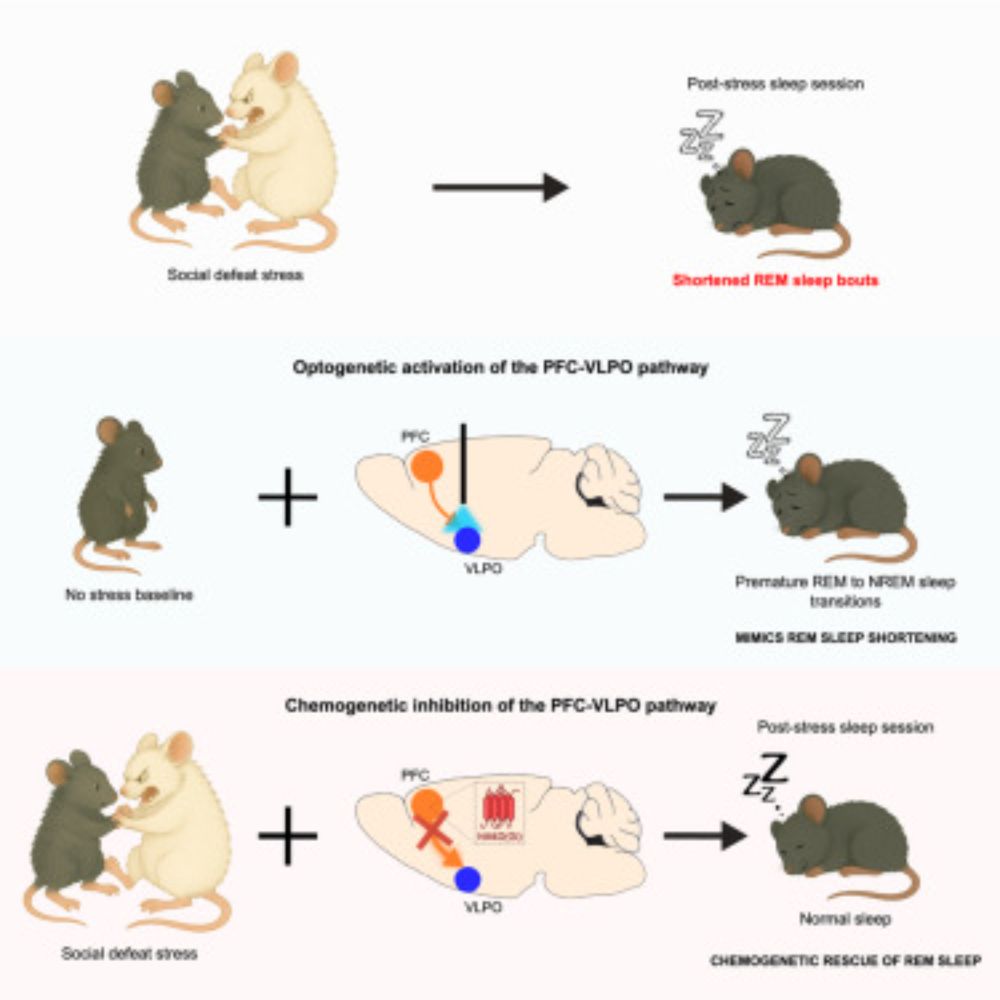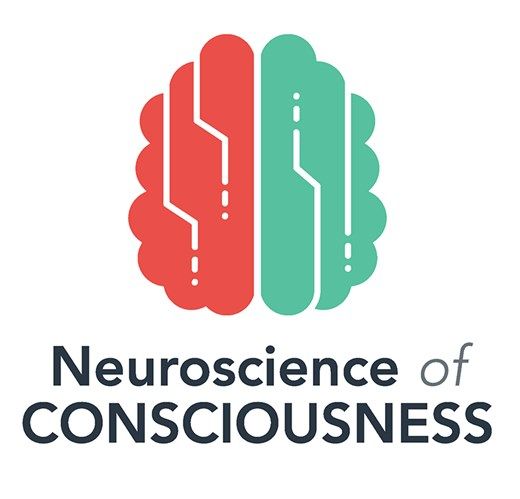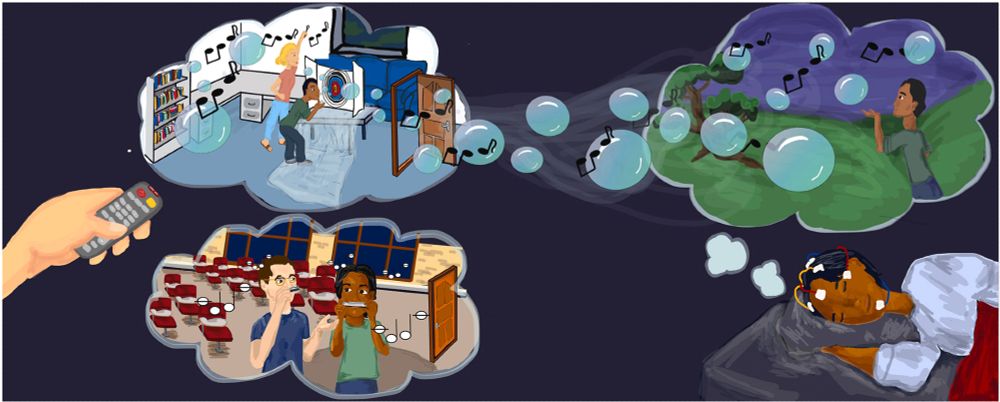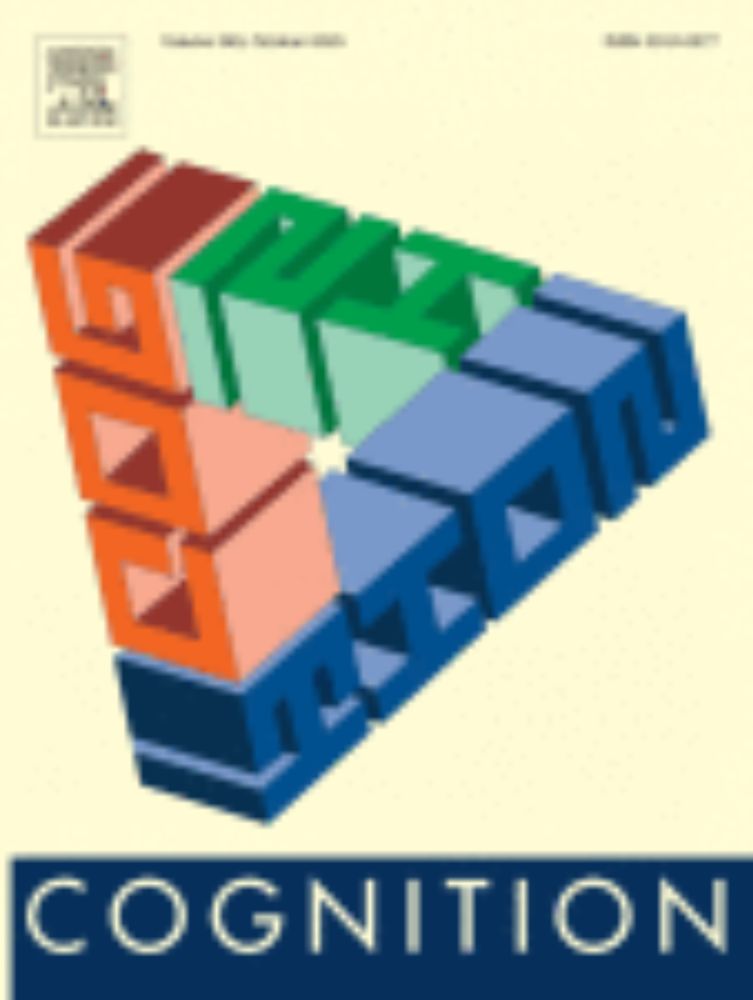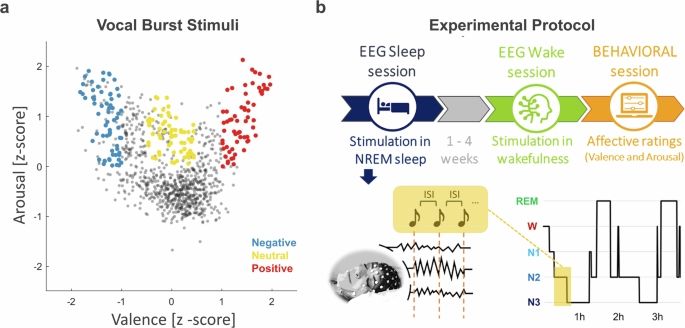Rotem Falach
@falach.bsky.social
54 followers
53 following
34 posts
Neuroscientist at Tel Aviv University @labnir.bsky.social || Interested in sleep 😴 computational neuroscience 👩💻 system neuroscience 🧠 || Former full-stack engineer & team leader
Posts
Media
Videos
Starter Packs
Reposted by Rotem Falach
Reposted by Rotem Falach
Reposted by Rotem Falach
Reposted by Rotem Falach
Yuval Nir
@labnir.bsky.social
· Sep 9

Aperiodic EEG Activity Provides a Linear, Bidirectional, and Spatially Uniform Marker of Subjective and Objective Vigilance in Humans, Both Within and Across States
Vigilance is increasingly conceived as a continuum, ranging from full alertness to deep sleep. Despite its fundamental role in cognition, behaviour, and health, reliable physiological markers of vigil...
www.biorxiv.org
Reposted by Rotem Falach
Reposted by Rotem Falach
Omer Sharon
@omersharon.bsky.social
· Aug 23

REM Sleep Misfires: Intruding Delta Waves Forecast Tau, Amyloid, and Forgetting in Aging
Rapid Eye Movement (REM) sleep degrades with age, and more severely in Alzheimer's disease (AD). REM sleep comprises about twenty percent of adult sleep, alternates between phasic and tonic periods, a...
doi.org
Reposted by Rotem Falach
Reposted by Rotem Falach
Monika Schönauer
@mschoenauer.bsky.social
· Aug 15
Reposted by Rotem Falach
Alex Shackman
@ajshackman.bsky.social
· Aug 16

Dopamine induces fear extinction by activating the reward-responding amygdala neurons | PNAS
The extinction of conditioned fear responses is crucial for adaptive behavior, and
its impairment is a hallmark of anxiety disorders such as posttr...
www.pnas.org
Reposted by Rotem Falach
Reposted by Rotem Falach
Omer Sharon
@omersharon.bsky.social
· Aug 11

Anticipatory eye gaze as a marker of memory - Communications Psychology
Anticipatory eye movements during repeated movie viewing reveal when and what is remembered. Gaze patterns correlate with explicit reports, offering a method to detect memory for events without verbal...
www.nature.com
Reposted by Rotem Falach
Reposted by Rotem Falach
Reposted by Rotem Falach
Yuval Nir
@labnir.bsky.social
· Aug 3
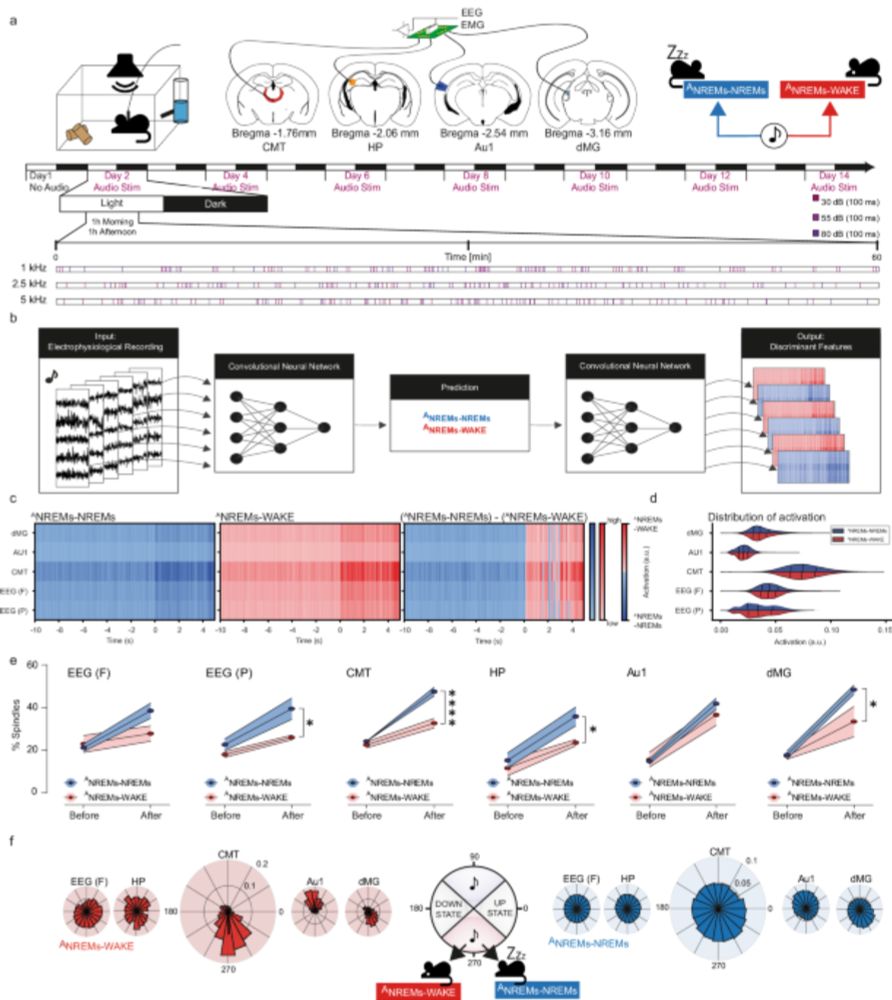
A role for the thalamus in danger evoked awakening during sleep - Nature Communications
The extent to which the sleeping brain can discern safety from danger is poorly understood. In mice, the authors show that centro-medial thalamic neurons detect threat-related sounds and selectively t...
www.nature.com
Reposted by Rotem Falach
Xiongbo Wu
@xiongbowu.bsky.social
· Jul 30
Reposted by Rotem Falach
Reposted by Rotem Falach
John Rolston
@rolstonjohn.bsky.social
· Jul 21
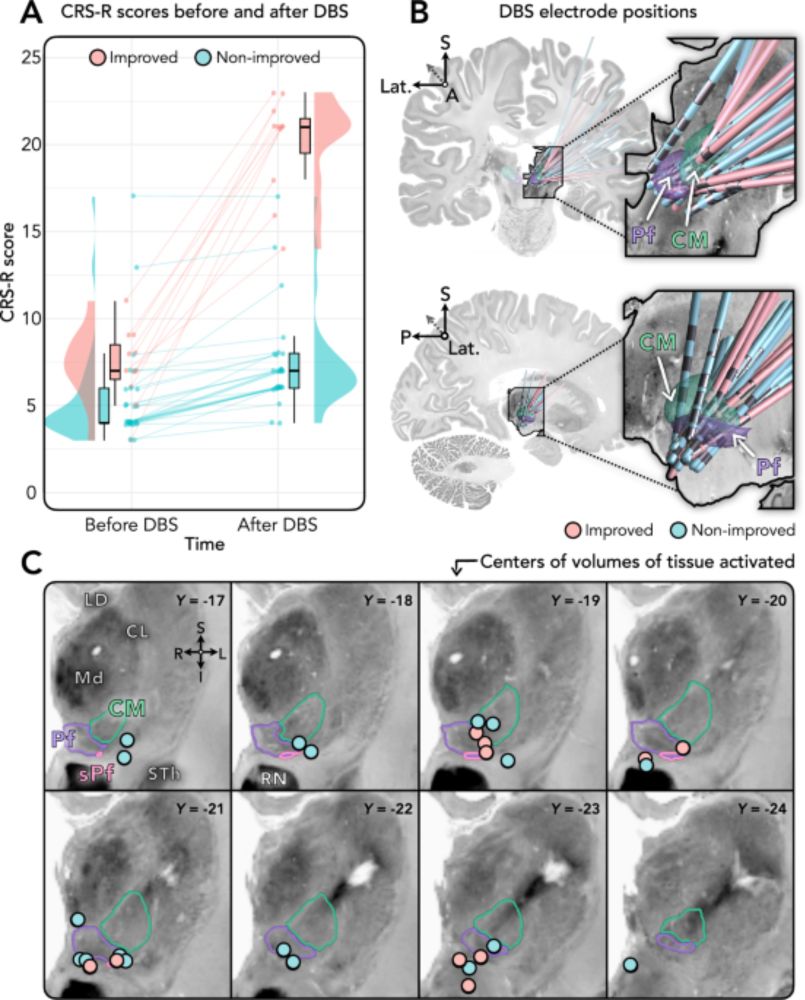
A human brain network linked to restoration of consciousness after deep brain stimulation - Nature Communications
In people with severe brain injuries, stimulation restored consciousness by engaging a deep brain circuit for wakefulness—revealing a target that may also guide treatment in stroke and epilepsy.
www.nature.com
Reposted by Rotem Falach









